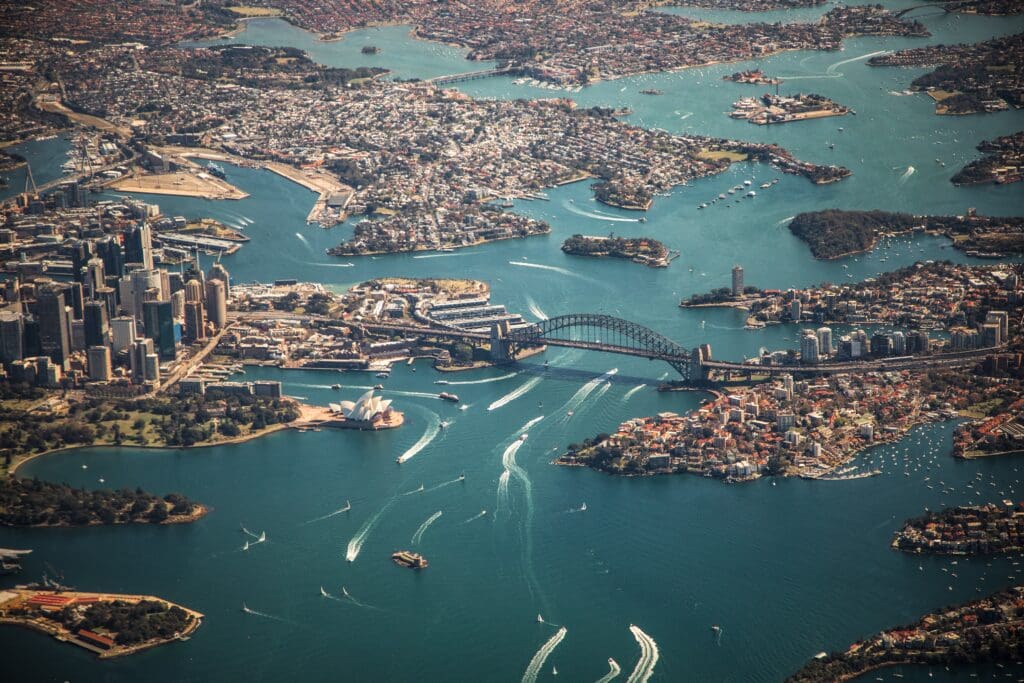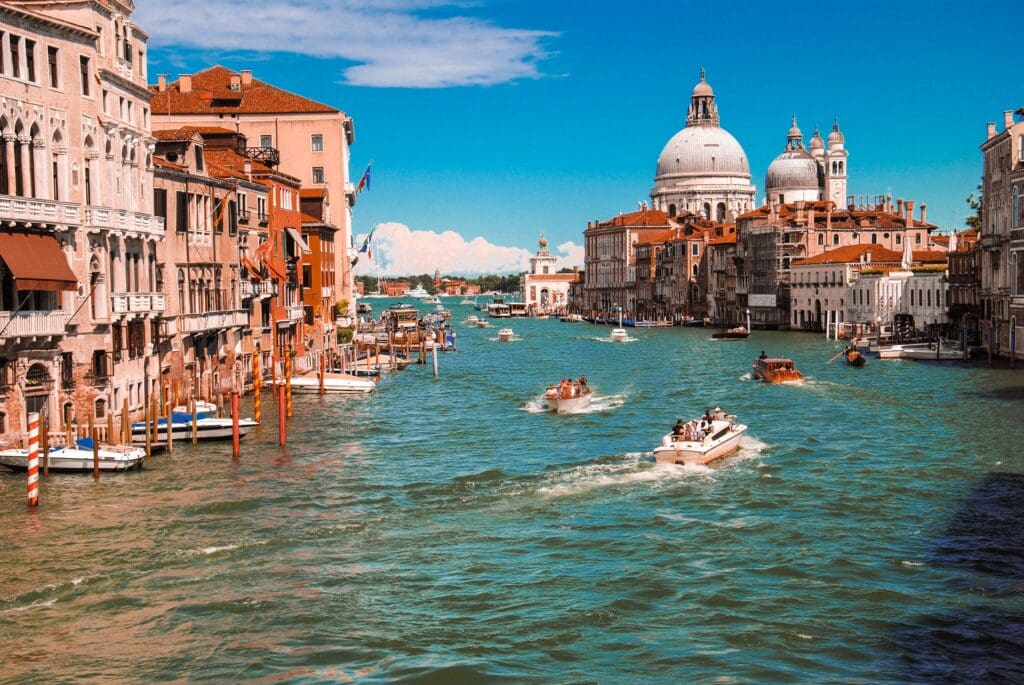Wondering how countries compare when it comes to luxury global sustainability? This is a quick snapshot.
Sustainability is becoming increasingly important in the luxury hotel industry. Guests are more and more demanding when it comes to their environmental impact, and hotels are responding by implementing a variety of sustainable initiatives.
However, there is no one-size-fits-all approach to sustainability in the luxury hotel industry. The laws and regulations governing sustainability vary from country to country, and even from city to city. As a result, luxury hotels in different countries have to adopt different strategies to achieve their sustainability goals.

France
In France, there are a number of laws and regulations governing sustainability in the luxury hotel industry. These laws include:
- A ban on single-use plastic straws and stirrers
- A requirement for hotels to recycle 75% of their waste
- A requirement for hotels to use energy-efficient appliances
In addition to these laws, there are a number of voluntary sustainable initiatives that luxury hotels in France can adopt. These initiatives include:
- Using locally-sourced food
- Reducing water consumption
- Using sustainable building materials

Italy
Italy is another country with a strong focus on sustainability in the luxury hotel industry. Some of the key laws and regulations governing sustainability in Italy include:
- A ban on incandescent light bulbs
- A requirement for hotels to install water-saving fixtures
- A requirement for hotels to use energy-efficient appliances
In addition to these laws, there are a number of voluntary sustainable initiatives that luxury hotels in Italy can adopt. These initiatives include:
- Using solar panels to generate electricity
- Planting trees on the hotel grounds
- Offering guests the option to offset their carbon emissions
UK
The UK is also a leader in sustainability in the luxury hotel industry. Some of the key laws and regulations governing sustainability in the UK include:
- A ban on microbeads in personal care products
- A requirement for hotels to recycle 90% of their waste
- A requirement for hotels to use energy-efficient appliances
In addition to these laws, there are a number of voluntary sustainable initiatives that luxury hotels in the UK can adopt. These initiatives include:
- Using sustainable cleaning products
- Offering guests reusable water bottles
- Providing guests with information about the hotel’s sustainability initiatives

Australia
Australia is another country with a growing focus on sustainability in the luxury hotel industry. Some of the key laws and regulations governing sustainability in Australia include:
- A ban on single-use plastic bags
- A requirement for hotels to recycle 60% of their waste
- A requirement for hotels to use energy-efficient appliances
In addition to these laws, there are a number of voluntary sustainable initiatives that luxury hotels in Australia can adopt. These initiatives include:
- Using rainwater harvesting systems
- Planting native trees on the hotel grounds
- Offering guests the option to offset their carbon emissions

Indonesia
Indonesia is a country with a rich natural heritage, and luxury hotels in Indonesia are increasingly taking steps to protect the environment.Alila Uluwatu in Bali is one of the leaders in the region for creating sustainable practises within the luxury hotel environment. Some of the key laws and regulations governing sustainability in Indonesia include:
- A ban on the use of shark fins in restaurants
- A requirement for hotels to recycle 30% of their waste
- A requirement for hotels to use energy-efficient appliances
In addition to these laws, there are a number of voluntary sustainable initiatives that luxury hotels in Indonesia can adopt. These initiatives include:
- Using sustainable building materials
- Planting mangrove trees on the hotel grounds
- Offering guests the option to learn about local environmental issues
Singapore
Singapore is a city-state with a strong focus on sustainability. They have implemented a 2030 program where by 2030 they want 70% of all food to come from inside their country. The Fairmont Hotel has an aquaponics farm on the roof to supply fish to the restaurants as well as a vegetable garden to supply a lot of the hotels’ food from within the hotel itself. Luxury hotels in Singapore are required to comply with a number of sustainability regulations, including:
- A requirement for hotels to recycle 70% of their waste
- A requirement for hotels to use energy-efficient appliances
- A requirement for hotels to install water-saving fixtures
In addition to these regulations, there are a number of voluntary sustainable initiatives that luxury hotels in Singapore can adopt. These initiatives include:
- Using solar panels to generate electricity
- Planting trees on the hotel grounds
- Offering guests the option to offset their carbon emissions
Thailand
Thailand is a country with a long history of sustainable practices. Rosewood Phuket is one of the leaders in sustinable practises. Luxury hotels in Thailand are increasingly adopting sustainable practices, such as:
- Using sustainable building materials
- Planting trees on the hotel grounds
- Offering guests the option to learn about local environmental issues
In addition to these practices, there are a number of voluntary sustainable



